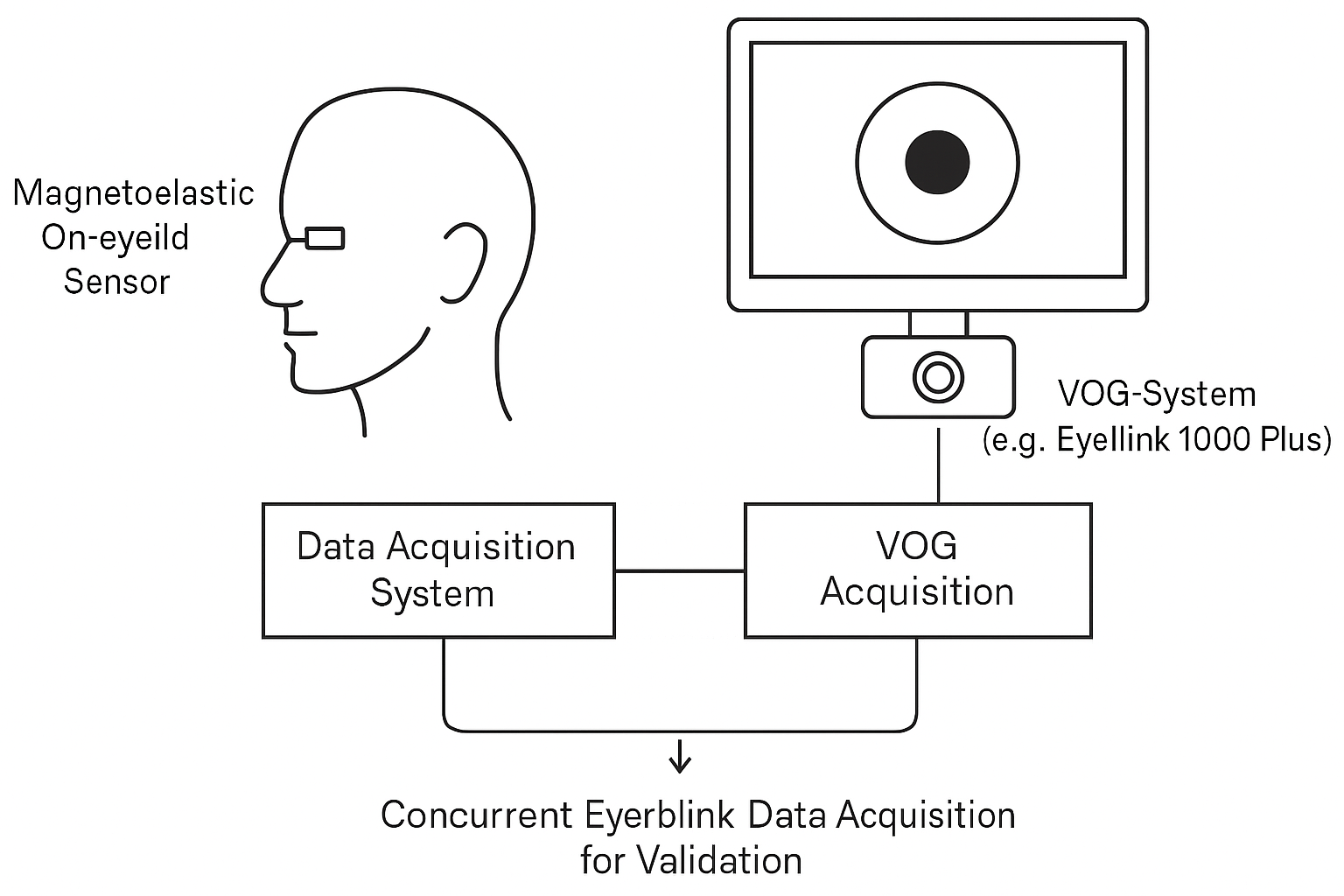A Human-Centric Design Innovation Framework for Cognitive Fatigue Management: Integrating Advanced Bioelectronics with Cross-Disciplinary Perspectives
DOI:
https://doi.org/10.64504/big.d.v2i2.187Keywords:
Cognitive Fatigue, Wearable Sensors, Magnetoelasticity, Human-Centric Design, Cross- Disciplinary Innovation, User Experience (UX), Service Design, Human-Computer Interaction (HCI).Abstract
Cognitive fatigue poses a significant threat to performance and safety in high-stakes environments, yet its objective and continuous monitoring remains a major challenge. This paper presents a novel, human-centric approach to fatigue detection that integrates an ultrathin, ultrasoft, and ultrastretchable magnetoelastic (UM) on-eyelid sensor with a cross-disciplinary design framework encompassing technology, engineering, business, and culture. The self-powered sensor, weighing only 0.005 g, conforms to the eyelid for unobtrusive long-term wear and captures eye-blink dynamics with high fidelity. We developed a one-dimensional convolutional neural network (1D-CNN) to classify eye-movement patterns and an unsupervised clustering model to decode fatigue levels from blink parameters, achieving 90.5% accuracy. Beyond the technological innovation, we explore the user experience (UX) and human- computer interaction (HCI) dimensions of the sensor, proposing a service design ecosystem that translates real-time fatigue data into personalized interventions. Furthermore, we analyze the commercial potential and ethical considerations of this technology, highlighting its transformative impact on occupational health, transportation safety, and personal well-being. This research not only introduces a groundbreaking wearable bioelectronic device but also establishes a new paradigm for designing and implementing human-centric technologies that are effective, desirable, and socially responsible.
Downloads

Downloads
Published
Versions
- 2026-01-23 (2)
- 2025-04-01 (1)
How to Cite
Issue
Section
Categories
License
Copyright (c) 2025 BIG.D

This work is licensed under a Creative Commons Attribution-NonCommercial-NoDerivatives 4.0 International License.





